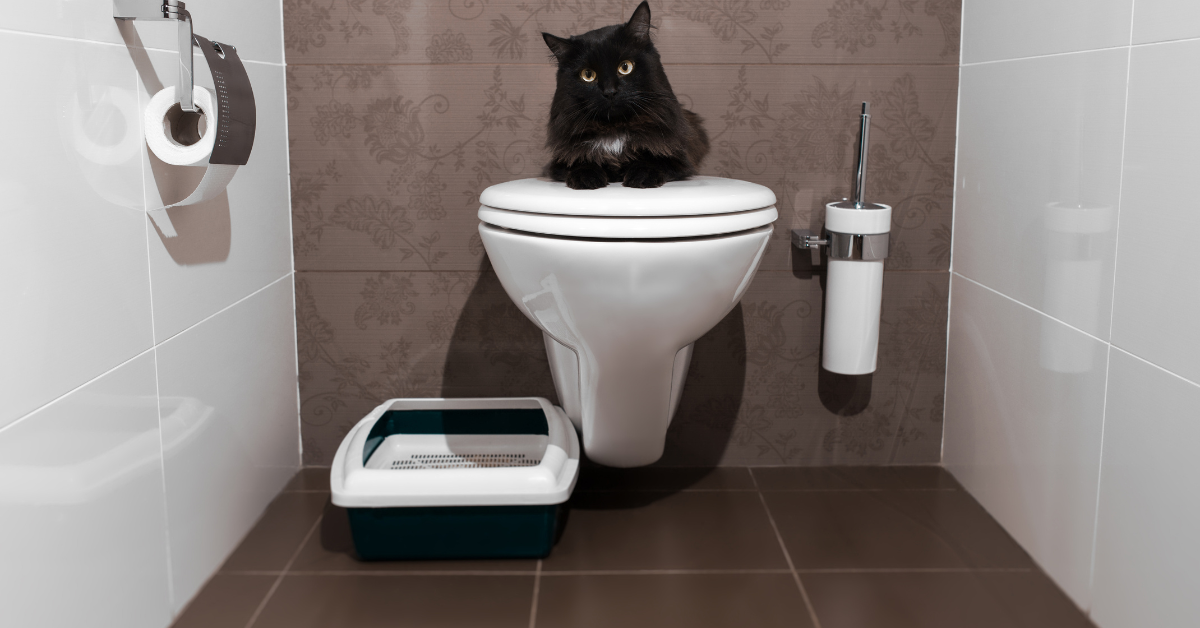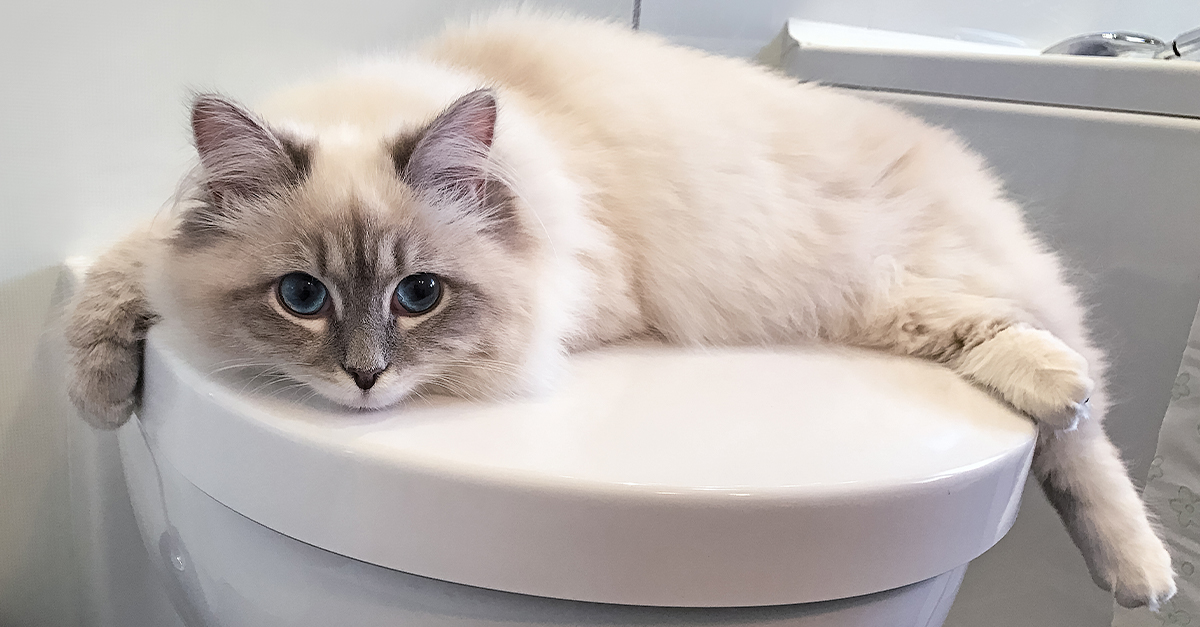Avoid Plumbing Problems: Never Flush Cat Poop Down Your Toilet - Expert Guidance
Avoid Plumbing Problems: Never Flush Cat Poop Down Your Toilet - Expert Guidance
Blog Article
We have encountered this great article relating to Don’t flush cat feces down the toilet directly below on the web and think it made perfect sense to relate it with you in this article.

Intro
As cat proprietors, it's necessary to be mindful of how we get rid of our feline pals' waste. While it may appear hassle-free to flush cat poop down the toilet, this practice can have destructive consequences for both the environment and human health.
Alternatives to Flushing
The good news is, there are safer and extra accountable methods to dispose of pet cat poop. Take into consideration the adhering to alternatives:
1. Scoop and Dispose in Trash
The most usual approach of throwing away pet cat poop is to scoop it right into a biodegradable bag and toss it in the garbage. Be sure to utilize a committed clutter scoop and get rid of the waste immediately.
2. Usage Biodegradable Litter
Go with eco-friendly pet cat clutter made from products such as corn or wheat. These clutters are eco-friendly and can be securely disposed of in the garbage.
3. Hide in the Yard
If you have a lawn, think about burying cat waste in a designated area far from veggie gardens and water sources. Make certain to dig deep sufficient to avoid contamination of groundwater.
4. Install a Pet Waste Disposal System
Buy a family pet waste disposal system especially created for cat waste. These systems make use of enzymes to break down the waste, decreasing smell and environmental impact.
Wellness Risks
In addition to ecological concerns, purging cat waste can also present health and wellness dangers to humans. Feline feces may consist of Toxoplasma gondii, a bloodsucker that can cause toxoplasmosis-- a potentially extreme ailment, especially for expectant women and individuals with damaged body immune systems.
Ecological Impact
Flushing cat poop introduces dangerous virus and parasites into the supply of water, presenting a significant threat to aquatic ecological communities. These contaminants can negatively impact aquatic life and concession water high quality.
Final thought
Responsible pet possession prolongs beyond offering food and sanctuary-- it additionally includes proper waste monitoring. By avoiding flushing feline poop down the toilet and going with alternate disposal methods, we can decrease our environmental impact and protect human health and wellness.
Why Can’t I Flush Cat Poop?
It Spreads a Parasite
Cats are frequently infected with a parasite called toxoplasma gondii. The parasite causes an infection called toxoplasmosis. It is usually harmless to cats. The parasite only uses cat poop as a host for its eggs. Otherwise, the cat’s immune system usually keeps the infection at low enough levels to maintain its own health. But it does not stop the develop of eggs. These eggs are tiny and surprisingly tough. They may survive for a year before they begin to grow. But that’s the problem.
Our wastewater system is not designed to deal with toxoplasmosis eggs. Instead, most eggs will flush from your toilet into sewers and wastewater management plants. After the sewage is treated for many other harmful things in it, it is typically released into local rivers, lakes, or oceans. Here, the toxoplasmosis eggs can find new hosts, including starfish, crabs, otters, and many other wildlife. For many, this is a significant risk to their health. Toxoplasmosis can also end up infecting water sources that are important for agriculture, which means our deer, pigs, and sheep can get infected too.
Is There Risk to Humans?
There can be a risk to human life from flushing cat poop down the toilet. If you do so, the parasites from your cat’s poop can end up in shellfish, game animals, or livestock. If this meat is then served raw or undercooked, the people who eat it can get sick.
In fact, according to the CDC, 40 million people in the United States are infected with toxoplasma gondii. They get it from exposure to infected seafood, or from some kind of cat poop contamination, like drinking from a stream that is contaminated or touching anything that has come into contact with cat poop. That includes just cleaning a cat litter box.
Most people who get infected with these parasites will not develop any symptoms. However, for pregnant women or for those with compromised immune systems, the parasite can cause severe health problems.
How to Handle Cat Poop
The best way to handle cat poop is actually to clean the box more often. The eggs that the parasite sheds will not become active until one to five days after the cat poops. That means that if you clean daily, you’re much less likely to come into direct contact with infectious eggs.
That said, always dispose of cat poop in the garbage and not down the toilet. Wash your hands before and after you clean the litter box, and bring the bag of poop right outside to your garbage bins.
https://trenchlesssolutionsusa.com/why-cant-i-flush-cat-poop/

I came across that piece on How to Dispose of Cat Poop and Litter Without Plastic Bags when browsing on the web. Be sure to take the time to distribute this content if you enjoyed it. We appreciate reading our article about How to Dispose of Cat Poop and Litter Without Plastic Bags.
Schedule Service Now Report this page